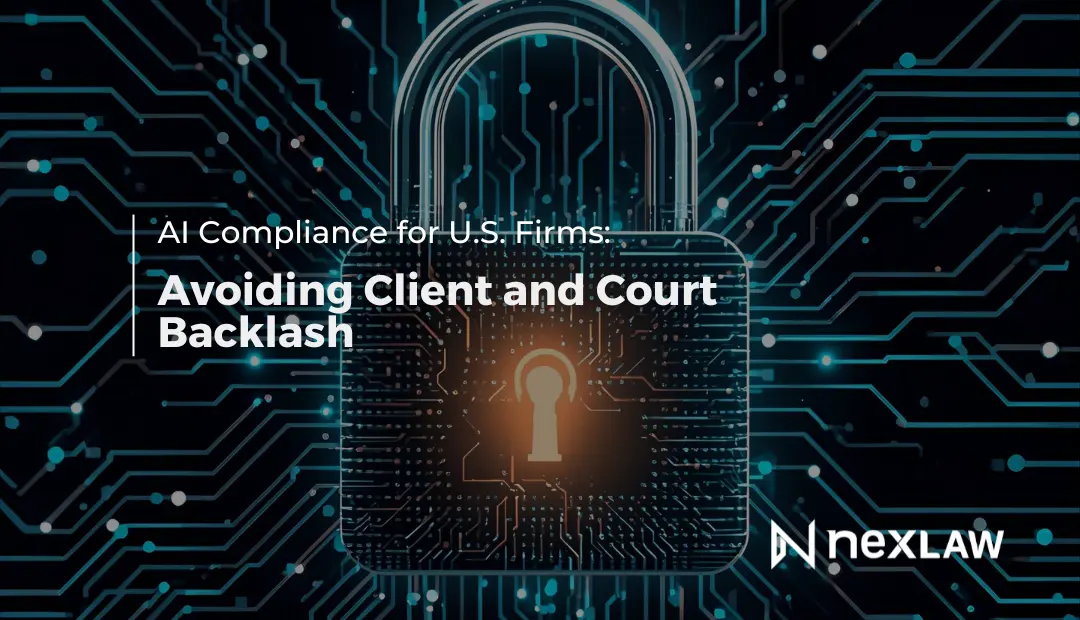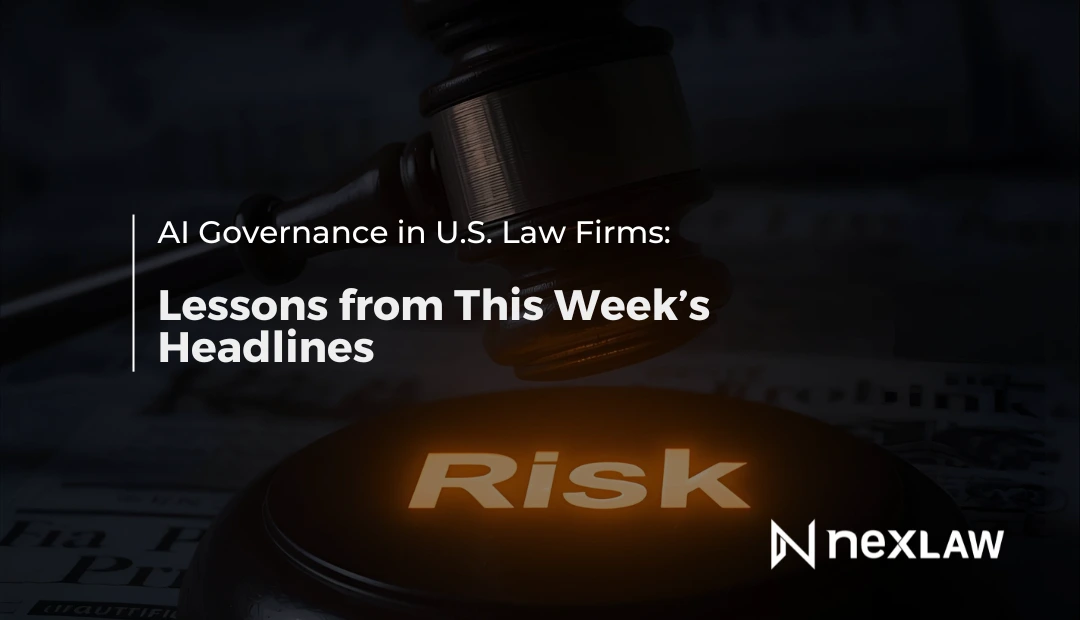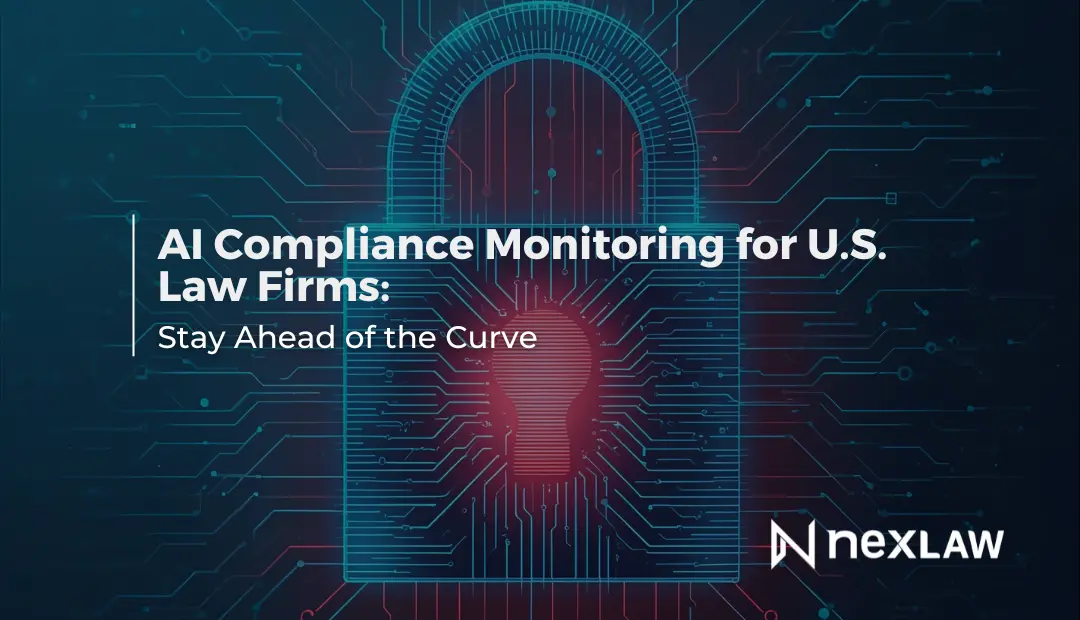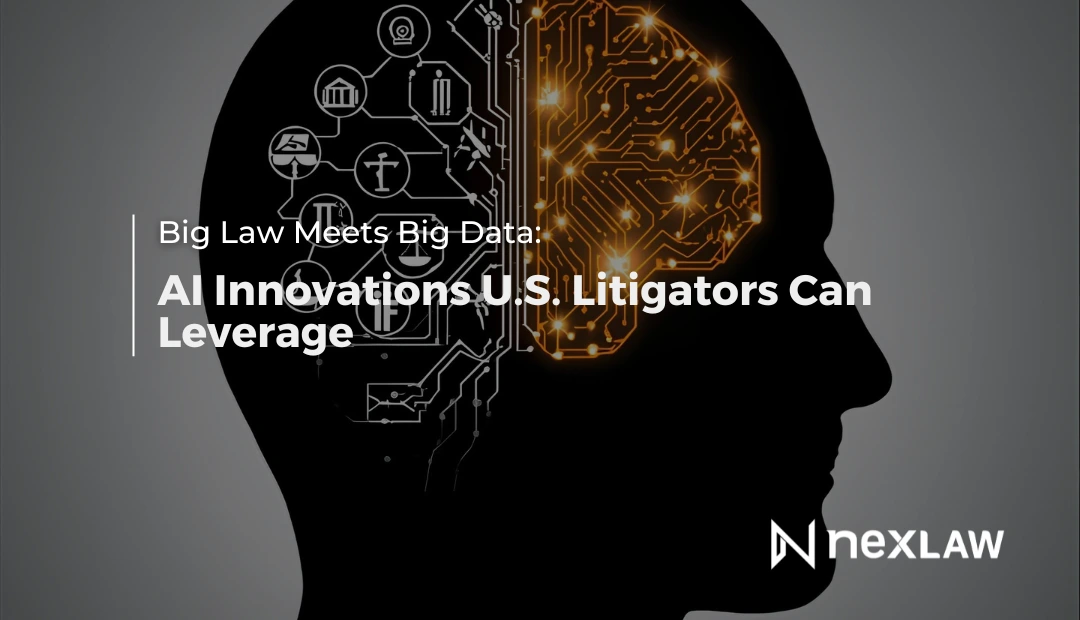How AI Legal Services Are Raising Client Expectations
Introduction: A New Era for U.S. Law Firms
The legal industry in the United States is entering a new chapter. Artificial Intelligence (AI) is no longer hidden in back-office research, it’s now shaping how clients experience legal services. From faster drafting and predictive insights to transparent billing and client-facing tools, AI has set a new benchmark for what clients expect from their attorneys.
Unlock Legal Insights Instantly!
Law firms that embrace this shift are gaining a clear competitive edge. Those that don’t risk being left behind in an industry where efficiency, clarity, and technology are becoming inseparable from client satisfaction.
Why Clients Expect More Today
Clients’ expectations haven’t shifted in isolation, they’ve evolved alongside broader changes across industries. Here are some of the biggest drivers:
- Digital Transformation Across Industries: From banking to healthcare, people are used to services being instant, digital, and highly personalized. Legal services are no exception.
- AI Awareness: As AI tools enter public consciousness, clients expect their legal providers to leverage similar capabilities for faster, more accurate work.
- Cost Pressures: Clients are pushing back against the traditional billable hour and demanding more value for money.
- Transparency Demands: Clients want clarity, not just about fees, but also about how strategies are developed and how cases are progressing.
In this new environment, offering high-quality legal services means more than providing expertise, it means delivering that expertise in ways that feel faster, clearer, and more predictable.
What AI-Powered Legal Services Deliver
AI doesn’t replace the expertise of attorneys, it enhances it. For clients, that translates into measurable improvements in service quality. When law firms use AI responsibly, clients experience benefits such as:
- Drafting in Minutes, Not Hours: From contracts to motions, AI-assisted drafting accelerates turnaround times.
- Smarter Research: AI quickly pinpoints relevant precedents, statutes, and case law.
- Predictive Case Insights: Data-driven analysis gives clients a clearer picture of possible outcomes.
- 24/7 Access: Client portals and AI chat assistants provide updates and answers outside of business hours.
This combination of speed, foresight, and accessibility doesn’t just modernize legal service delivery, it redefines what “good service” looks like in the eyes of clients.
Competitor Approaches vs. Responsible AI Use
Many AI vendors in the legal space market themselves on speed. While efficiency matters, clients and attorneys alike are increasingly concerned with reliability, compliance, and transparency.
The challenges with less robust solutions often include:
- Lack of Oversight: Some tools prioritize automation without proper attorney supervision, which risks errors or incomplete work.
- “Black Box” Algorithms: Opaque AI systems can leave firms unable to explain or defend the reasoning behind an output.
- Weak Compliance Safeguards: Without strong security protocols, firms face risks around data privacy and confidentiality.
Responsible AI in law requires balance. The best tools are designed with attorney oversight in mind, ensuring outputs are accurate, ethical, and defensible. Transparency, audit trails, and security must remain central.
The Client Perspective: Why Expectations Are Rising
Conversations with clients reveal a consistent theme: they expect their attorneys to combine expertise with efficiency. This shift is tied to broader cultural changes, such as the growing normalization of AI-powered services in everyday life.
Clients now increasingly ask:
- “Why should a contract take weeks when technology can generate drafts in hours?”
- “Why is case research billed at high hourly rates when AI tools can surface precedents instantly?”
- “Why can’t I get clearer cost estimates up front?”
These questions highlight a mindset change: clients see AI as a standard part of modern service delivery, not an optional bonus. Firms that provide answers aligned with this expectation gain an immediate trust advantage.
The Professional Perspective: Legal Leaders on AI
Legal experts consistently emphasize that AI should enhance, not replace, human judgment. Attorneys remain central in interpreting results, crafting strategy, and applying nuanced judgment.
The role of AI is to reduce friction in the workflow, speeding up repetitive processes and providing insights—while attorneys focus on strategy, advocacy, and building client relationships. This balance reassures clients that while technology makes the process faster and more transparent, the core judgment remains human.
Looking Ahead: The Next Phase of Client Expectations
The rise in client expectations is not slowing down, it’s accelerating. Over the next few years, clients are likely to demand:
- Even Faster Turnarounds: Same-day drafting for certain documents may become the norm.
- AI-Powered Strategy: Beyond support work, clients will expect attorneys to leverage AI to shape case strategy and settlement planning.
- Flat-Fee Billing Models: Enabled by efficiency gains, clients will increasingly push for alternatives to the billable hour.
- Data-Backed Transparency: Clients will want not only outcomes but also insights into the reasoning behind strategies.
Law firms that prepare for these shifts now will position themselves as leaders in the AI-driven legal market of the near future.
Practical Steps for Law Firms
To meet rising expectations, law firms should take concrete steps:
- Evaluate Current Workflows: Identify repetitive or time-intensive tasks where AI can make an immediate impact.
- Prioritize Transparency: Choose tools that allow attorneys to explain outputs clearly to clients.
- Invest in Training: Ensure attorneys and staff are confident in using AI responsibly and effectively.
- Balance Automation with Oversight: Keep attorneys in the loop to review and approve AI-generated content.
- Measure Results: Track time savings, client satisfaction, and accuracy improvements to assess ROI.
This structured approach ensures that AI adoption strengthens client trust rather than undermining it.
Conclusion: Meeting and Exceeding Client Expectations
The U.S. legal market is at a tipping point. Clients expect speed, transparency, and accuracy and they’re rewarding law firms that deliver. AI isn’t replacing attorneys, but it is redefining how clients measure value.
For law firms, the choice is clear: adapt and integrate AI into workflows or risk losing ground to competitors who already have. By combining human expertise with AI-powered efficiency, attorneys can exceed client expectations, strengthen trust, and position themselves for long-term success in a data-driven legal era.
Lawyers who embrace AI today are shaping the legal profession of tomorrow. Whether you’re part of a litigation team, a solo attorney, or a paralegal eager to expand your role, NexLaw makes it possible.
NexLaw is designed to help paralegal and attorneys—solo or from small and mid-size—prepare cases more efficiently, with greater accuracy and strategic insight.
Book a Guided Demo — See how NexLaw fits seamlessly into your practice and transforms your workflows.
Start a Free 3-Day Trial — Explore NexLaw risk-free and experience firsthand how AI can enhance efficiency, accuracy, and client satisfaction.
*t&c applied | visit our website for more details
With NexLaw, the future of litigation is here - AI-powered, accurate, and accessible.






